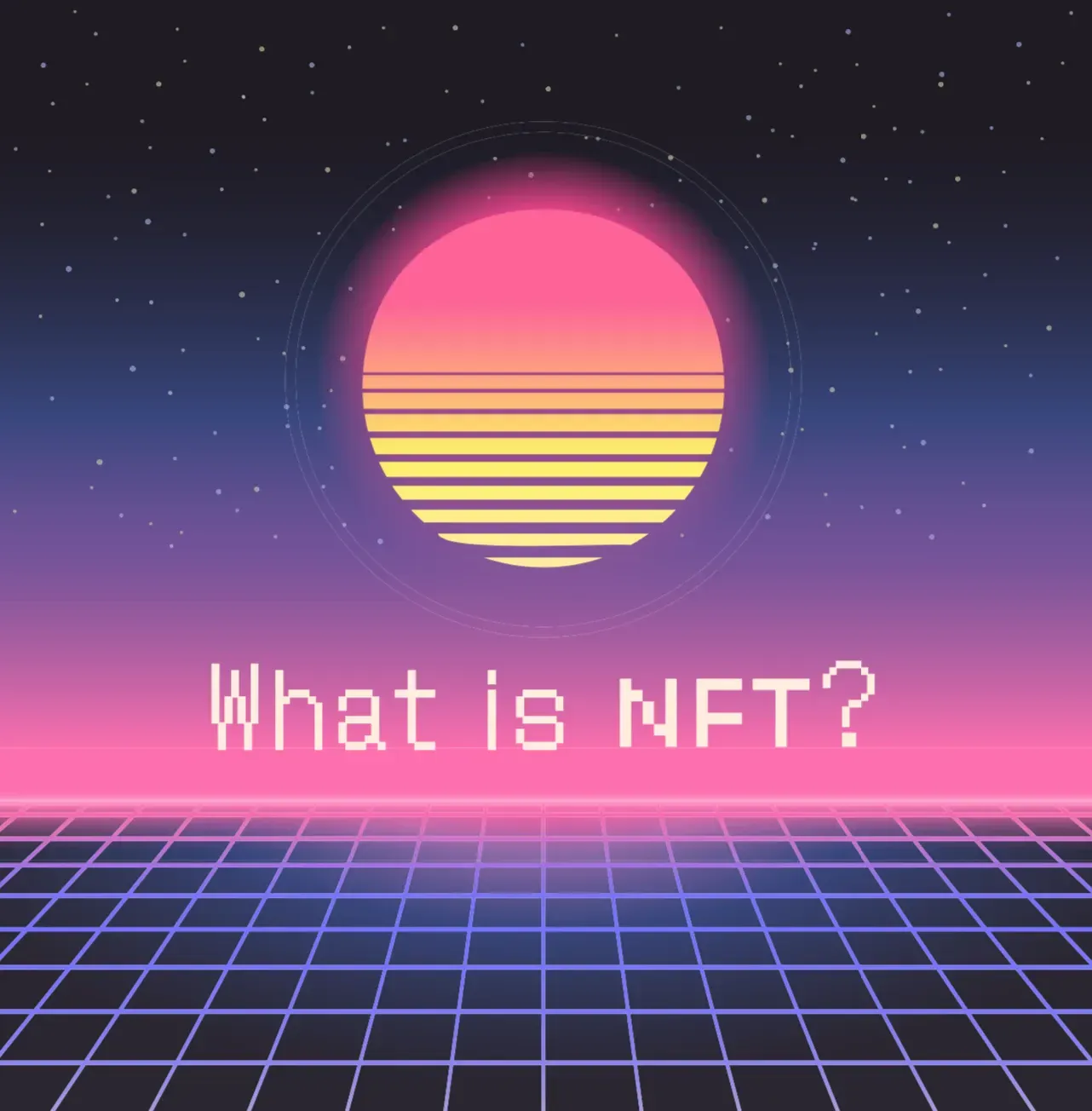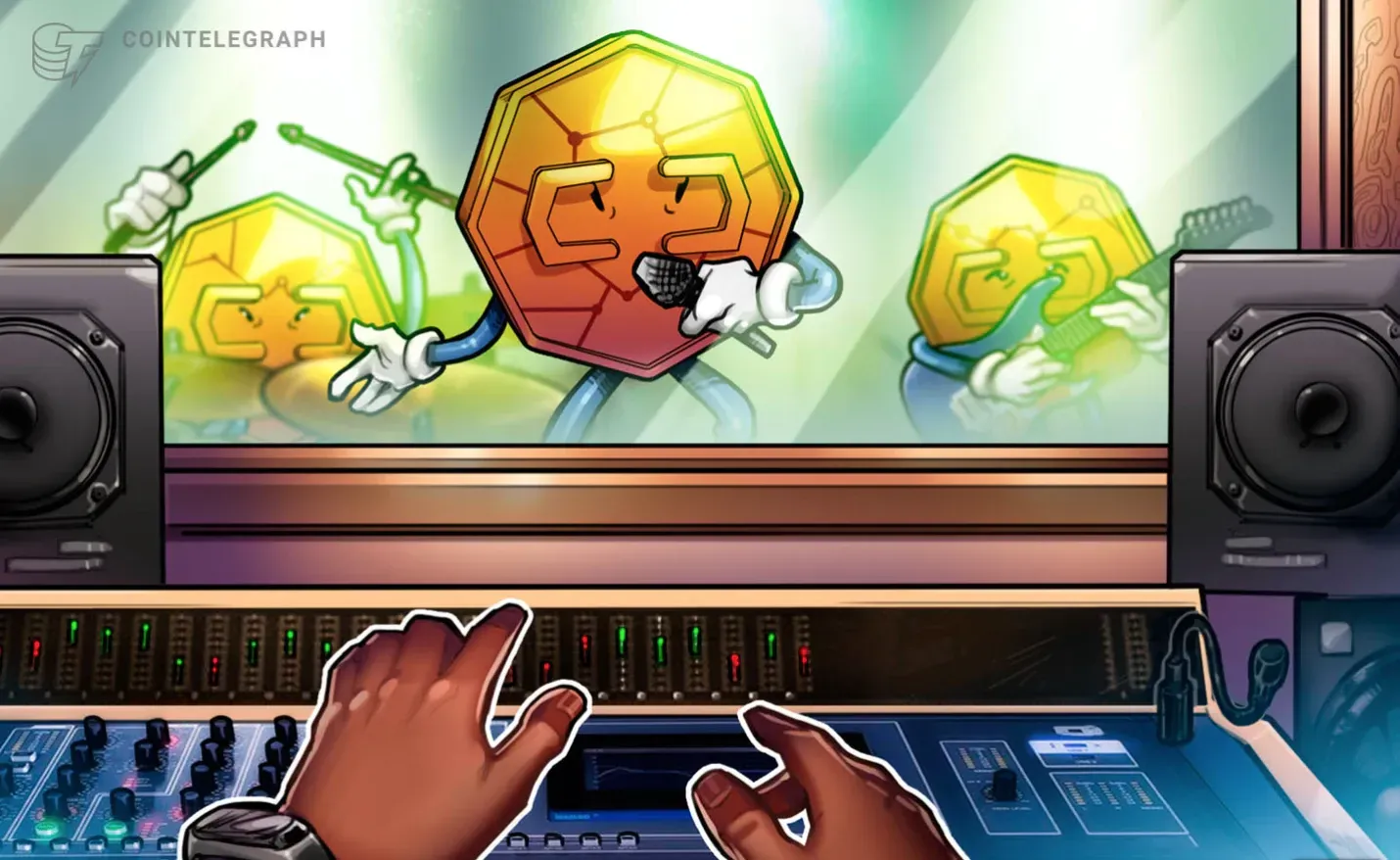Why Creatives Need to Know About NFTs
Written by
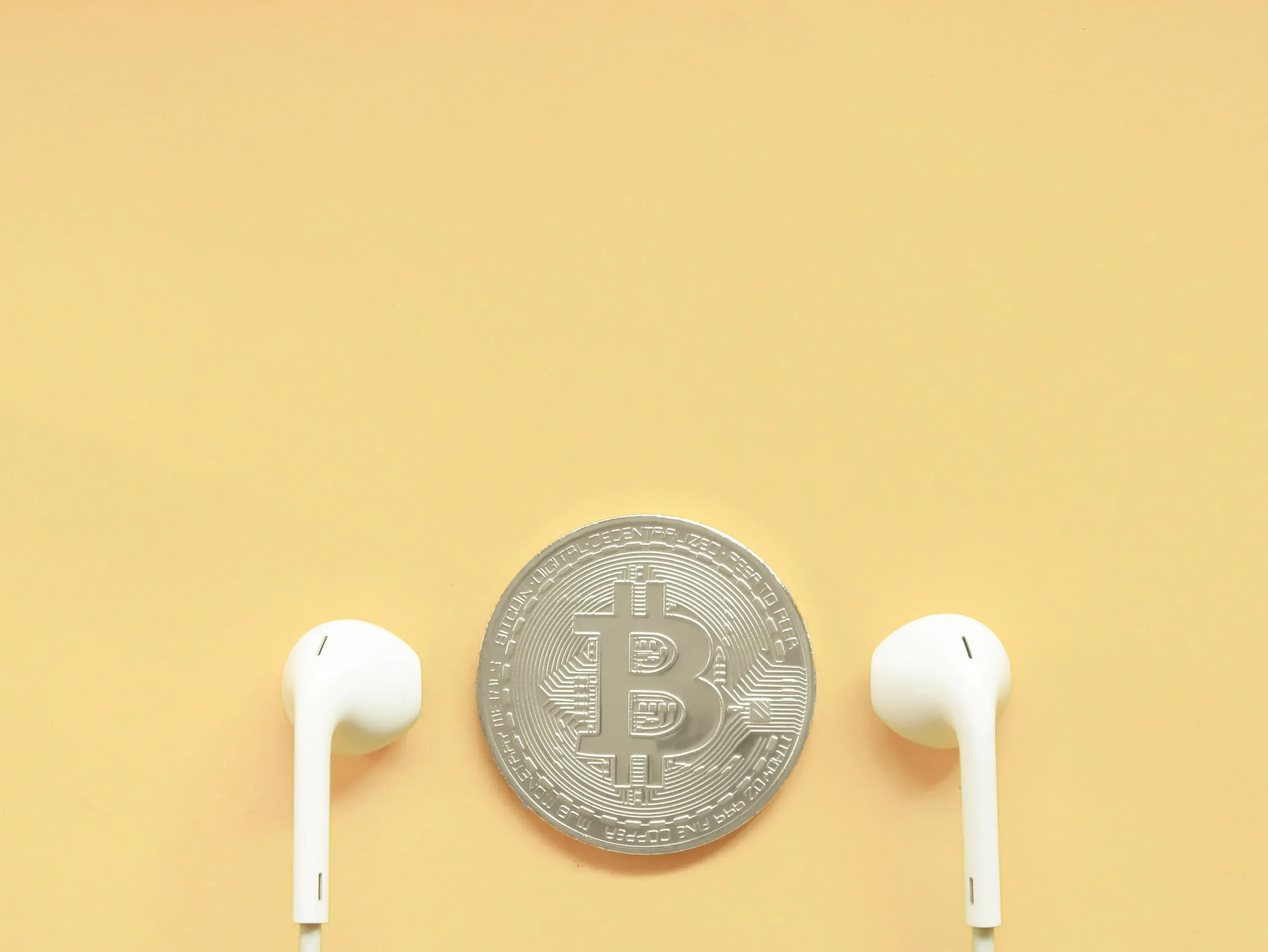
What’s an NFT?
An NFT, or Non-Fungible Token, is a form of cryptocurrency that is getting a lot of hype in the tech and arts sectors.
The NFT market has surged over the past year, with everything from works of art to a video clip of a Lebron James dunk existing as a digital asset – and fetching thousands of dollars online.
Let’s start with the word fungible.
It means an asset that can be replaced by an identical asset of equal value. Think of a $20 note as the “token” to that monetary value which the note represents. A fungible $20 note can be exchanged for two $10 notes, or 20 $1 coins if you felt so inclined. The value is the same, it’s just a matter of how that $20 is composed that’s different.
Non-fungible, then, means that the value of the asset is unique unto itself, and can’t be replaced by an asset of the same value. The value of the Mona Lisa can’t be replaced by a copy of the same painting – the original exists, and that’s it.
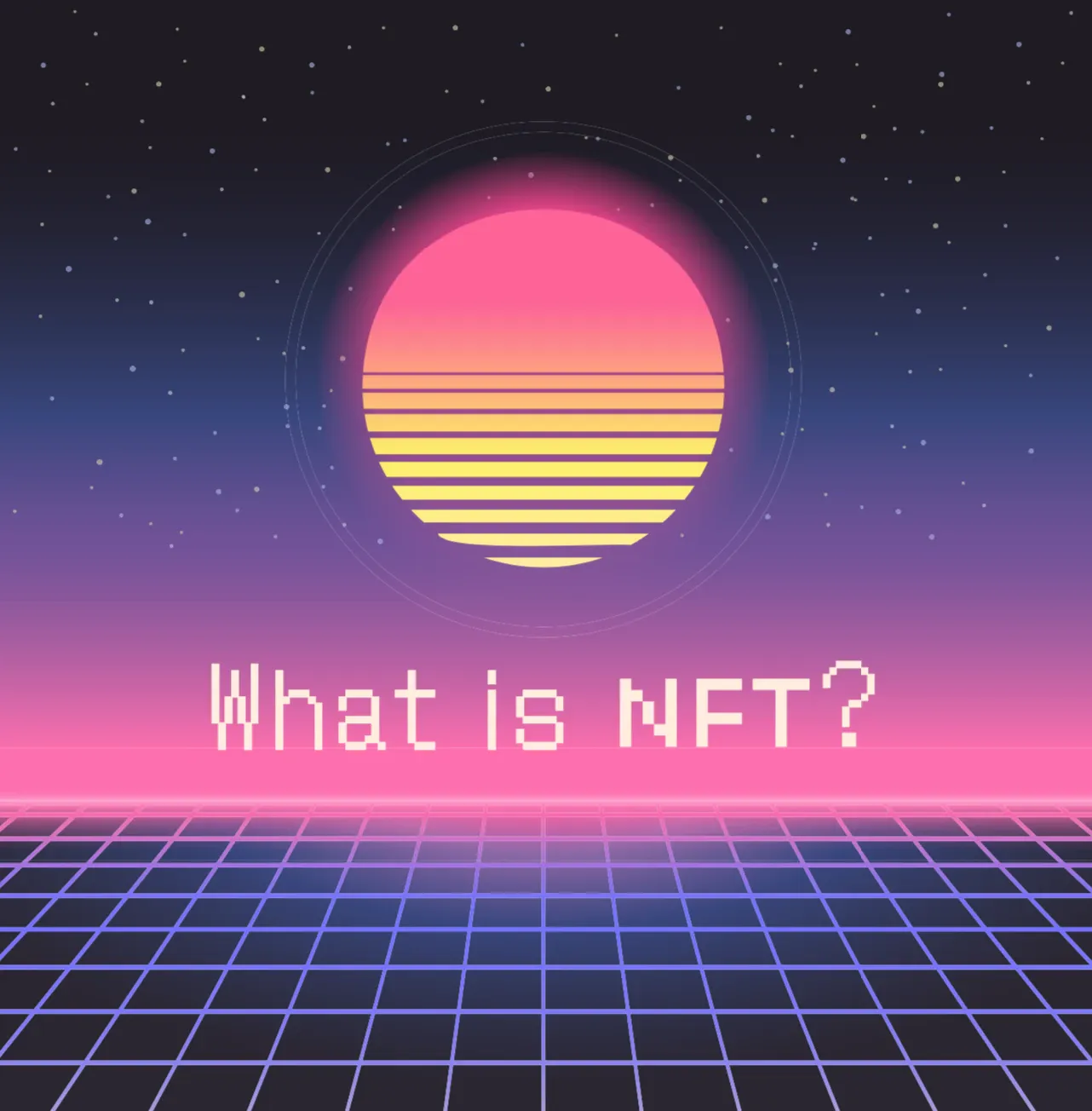
Image: Shutterstock.
Moreover, the value of an NFT is not in the money that it represents – it’s in the contents of the NFT and the rarity of its contents. In this case, the contents of the NFT is a music album by Tennessee rock band, Kings of Leon (as well as some limited edition merchandise and special perks).
When Kings of Leon released their eighth album last week, When You See Yourself, they “minted” unique copies of the album as these digital assets (NFTs) that fans can only purchase through the Ethereum blockchain. You can still stream the album on Spotify or Apple Music, but in order to receive special perks, such as free concert tickets and band-specific art, you’d have to purchase the album as an NFT on the blockchain site, Yellowheart.
Owning the NFT for When You See Yourself means that you own the “deed” to that unique work of art, to that digital asset. Its files can’t be copied or burned like a traditional CD.
So what’s the ‘blockchain’?
A blockchain is a secure data ledger that is very difficult (some might say impossible) to hack. This is because every transaction on that ledger is encrypted, informed by the block before it, and therefore cannot be changed.
No one person owns or controls the blockchain. It’s what’s known as decentralised. If one person managed to hack the blockchain, they’d have to alter every single block in that chain, which is very hard to do. Merely altering one block would be very obvious that something was amiss, because the data on that block could look very different to the blocks that came before it.
This means that to purchase the NFT that is the Kings of Leon album, you’d have to first ‘purchase’ a tiny portion of the Ethereum blockchain (this is in the form of a portion of a “coin”, called an Ether). When you buy your portion of the Ethereum blockchain in the form of an NFT, through Yellowheart, you’re helping to build more of that blockchain.
Much like the stock market, the value of this portion of a coin can fluctuate based on forces such as supply and demand. But once you purchase that NFT, you own it for life. It sits in your digital “wallet”, much like a share does, and you can choose to sell it whenever you like. To sweeten the deal for loyal Kings of Leon fans, though, the band is offering ongoing rewards to token holders.
What does this mean for artists?
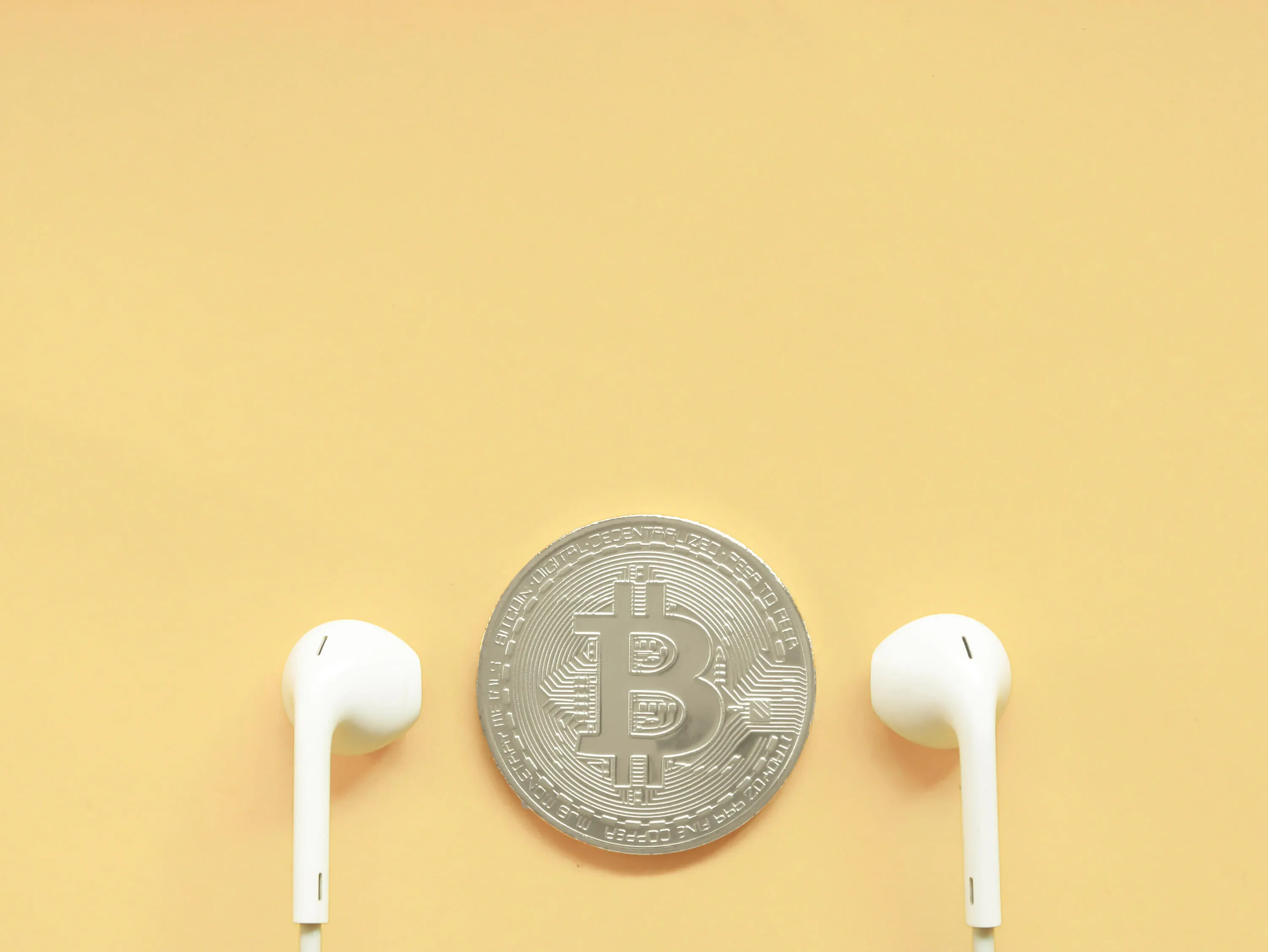
Image: Shutterstock.
Many artists around the world have seen lost revenue since the beginning of the COVID-19 pandemic. Tours were cancelled, traditional press rollouts had to either adapt or fail, and artists were forced to promote their albums online through livestreams, or rely on crowdfunding platforms for their income.
Cryptocurrency, or digital assets, therefore seem a likely fit for releasing and promoting a digital album in a revenue-generating way. The Ethereum blockchain was established in 2015, with the aim of revolutionising the way contracts are issued and managed. Since then, the value of one Ether has ballooned. Over the past year alone, it’s skyrocketed 650%, from $320 to $2400 at the time of writing.
Cryptocurrencies used to get a bad wrap, with many calling them a “fad” and a “scam”. But it’s looking more and more that they’re here to stay, and are actually poised to alter the way transactions work, contracts are issued and - in the case of NFTs and the music industry - how we value art.
Recently, Shark Tank investor Kevin O’Leary, who once called Bitcoin (the most well-known cryptocurrency) “garbage”, reversed his position and invested 3% of his portfolio into Bitcoin and Ethereum. Mark Cuban, another prominent “shark”, has made it publicly known that he supports crypto markets, and even owns some Ether.
The list goes on: blockchain technology has been embraced by celebrities such as Ashton Kutcher, Serena Williams, Elon Musk, Bill Gates, and Snoop Dogg (who made his 2013 album available to buy in Bitcoin).
In releasing their latest album, Kings of Leon wanted to “deconstruct, degenerate, and distort iconic band symbols and photography,” they said in a press release. Not only have they done that, but they’ve also connected with their audiences in a unique way.
Fans now own a piece of the Ethereum blockchain, a piece of technology, that has been uniquely imprinted with the band’s music and image. As the value of Ethereum goes up, so too will the token that the fan owns.
“Music is the canary in the coal mine, where it happens first,” says American music journalist Bob Lefsetz. “Not only is there disruption, but opportunity. Artists are better off financially than ever before in the history of music. If you're successful, not only can you make huge bank on streaming services, you can tour at inflated ticket prices in an era where experiences are king.”
In releasing their album as an NFT, Kings of Leon joined a growing number of artists looking to shake things up in the digital space.
But it’s not the first time bands have released their albums in creative ways. Radiohead’s 2007 album, In Rainbows, was released on a pay-what-you-want model, while U2’s Songs of Innocence (2014) became instantly available, for free, to anyone with an iTunes account.
“We're in a post-distribution disruption era in music,” adds Lefsetz, “wherein it becomes about the content. TV streaming platforms are realizing this, that only a few outlets can emerge victorious, so they're ramping up production knowing that new work is the way to fight churn.”
What’s next?
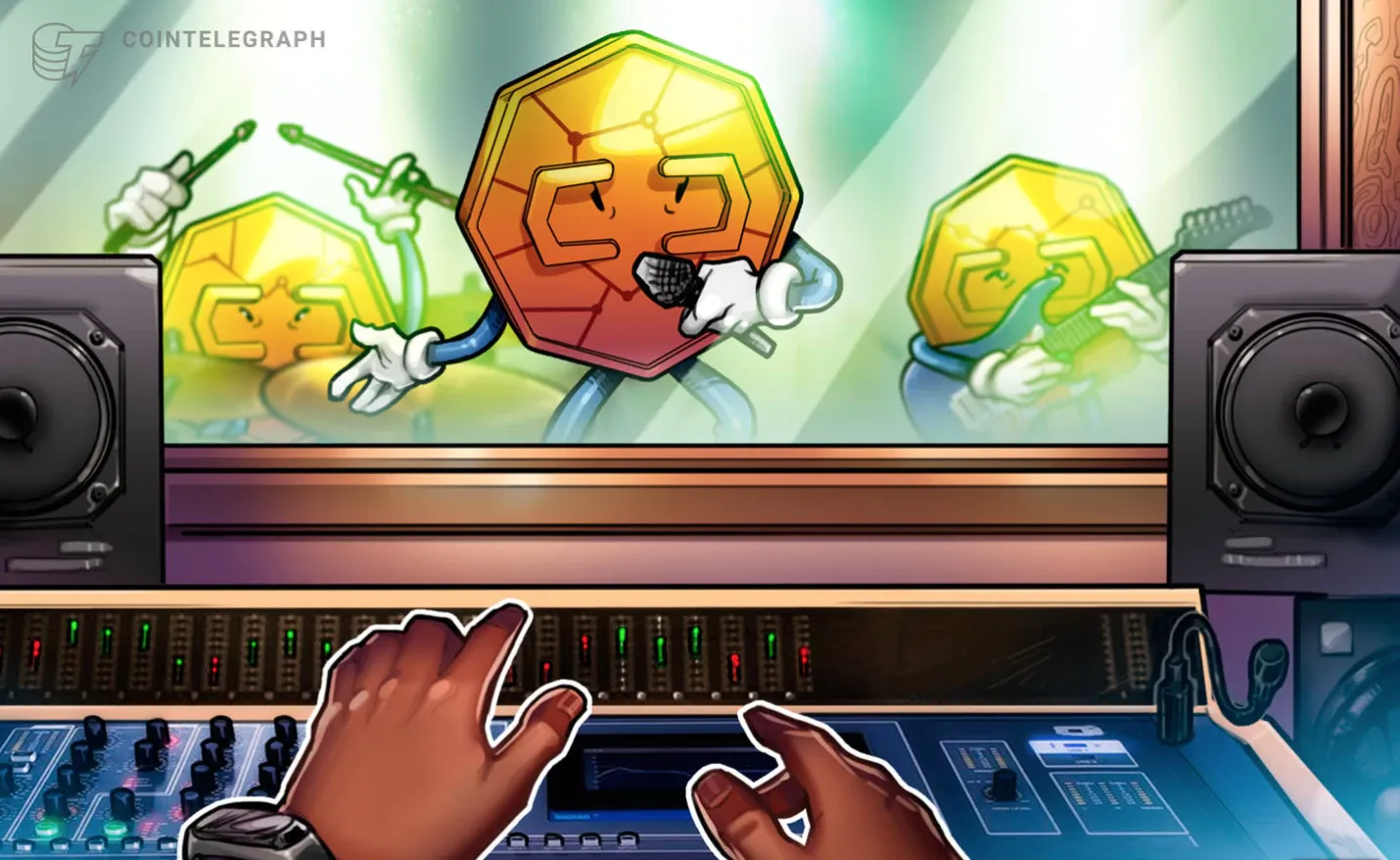
Image: Cointelegraph,com
Releasing an album as a digital asset is inherently trendy, but what does that mean for the distribution of royalties – both to the band and to the other people involved in the creative process?
And how else can NFTs impact the music industry, outside of the promotion, selling, and distribution of albums? Will concert promoters begin issuing tickets as digital assets, as a way to deter scalpers? And what about merchandise? Will the graphic artists be able to issue the original poster prints as unique digital assets?
We reached out to some prominent voices in Aotearoa’s music industry for comment, such as Dylan Pellett from Independent Music NZ, Paul McLaney from Native Tongue Publishing, and Graham Reid from Elsewhere Music, but it became clear that Kiwi experts are still wrapping their heads around the exact ramifications of such a digital shift.
While blockchain technology is still gaining traction here in Aotearoa, it won’t be far off until Kiwi artists launch their latest albums with a nod towards the digital future.
This is part one of a two-part series on NFTs - click here to find out about the dark side of the debate.
